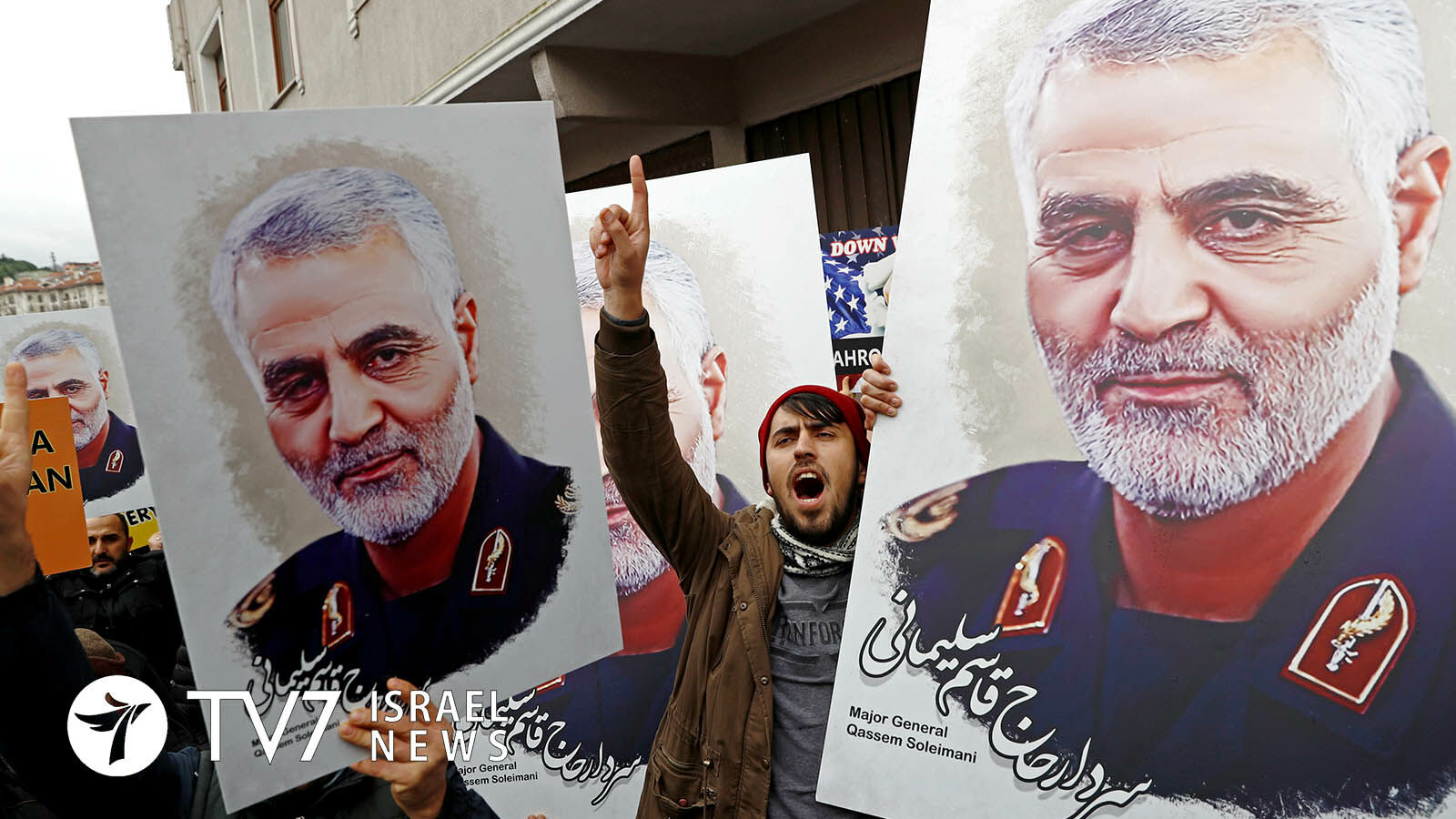51 Americans had been targeted for punitive actions for what the Iranian Foreign Ministry called “their role in the terrorist crime by the United States against the martyred General Qassem Soleimani and his companions and the promotion of terrorism and violations of fundamental human rights.”
By Erin Viner
Those added to Iran‘s sanctions list includes Chairman of the Joint Chiefs of Staff General Mark Milley and other members of the US military, as well as former White House National Security Advisor Robert O’Brien.
The move is largely symbolic, as it permits the seizure of any assets the targeted individuals hold in the Islamic Republic, of which there is likely to be none.
Last year Tehran slapped sanctions on former President Donald Trump and other senior Washington officials over claims of “terrorist and anti-human rights” acts, linked to the 3 January 2020 killing of General Qassem Soleimani.
Soleimani was the commander of Iran’s Quds Force, the overseas arm of the Islamic Revolutionary Guards Corp (IRGC) when he was killed on 3 January 2020 in a drone strike ordered by then-President Trump.
Iran and its proxies in Iraq and other countries have been holding events in tribute to Soleimani.
On the 2nd anniversary of the airstike, Iranian President Ebrahim Raisi threatened revenge if Trump and former Secretary of State Mike Pompeo are not prosecuted for Soleimani’s killing.
“The aggressor, murderer and main culprit – the then president of the United States – must be tried and judged under the (Islamic Sharia) law of retribution, and God’s ruling must be carried out against him,” Raisi demanded.
The latest developments come as Tehran and Washington are currently engaged in the 8th round of indirect talks in Vienna aimed at bringing both sides back into compliance with the 2015 Joint Comprehensive Plan of Action (JCPOA).
The Trump administration imposed punishing sanctions on Iranian officials, politicians and companies after withdrawing the US in 2018 from the international pact, after which Iran openly violated its curbs on nuclear development.
